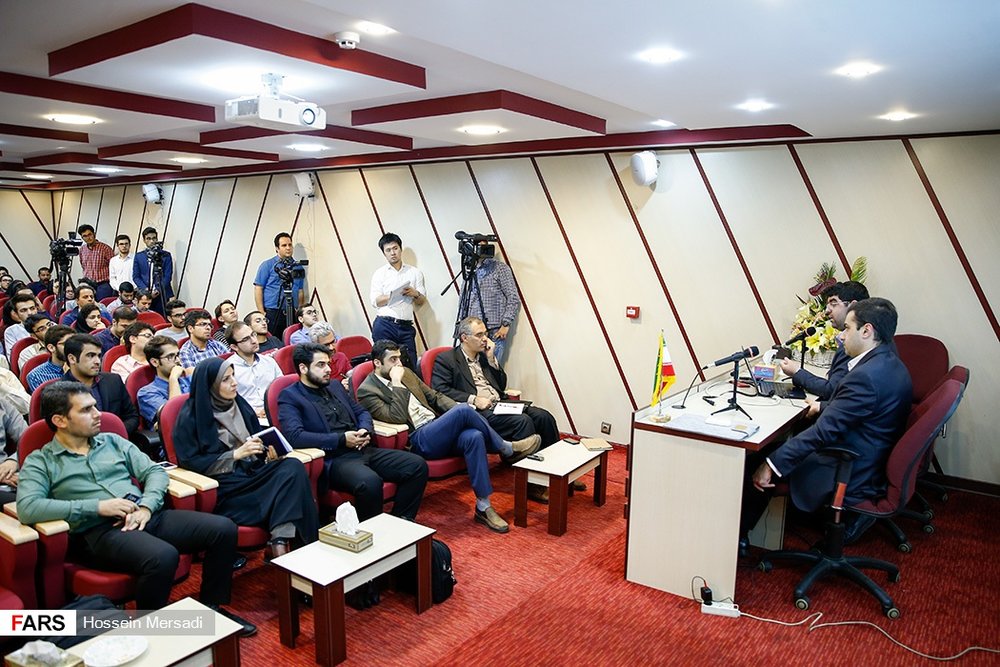Iranian economic center unveils proposal package to save JCPOA

TEHRAN - Since Trump announced U.S. withdrawal from the 2015 nuclear deal in early May and vowed to reimpose sanctions on Iran, the European signatories to the deal have been discussing plans to secure Iran’s economic benefits to persuade Tehran to stay in agreement, officially known as the Joint Comprehensive Plan of Action (JCPOA).
In this regard, an Iranian economic indicators studies center, known as MABNA, unveiled a package of proposals titled “Real Deal” on Saturday in which they provided solutions for saving the JCPOA and peace process in the Middle East.
Current proposals
According to the center, Europe has so far proposed a few solutions in order for assuring Iran’s economic interests in staying in the nuclear deal.
Among such proposals, assuring oil purchases by central banks settlements to export goods to Iran, providing an OFAC standard general license and legal shield for European companies, threating to impose tariffs on U.S. exports to Europe and establishing a Euro-based bank for Iran, could be mentioned.
According to economists at MABNA, most of such proposals are not practical and realistic, for instance they believe a Euro-based bank for Iran will be an isolated institution which will have no power to withstand the U.S.-imposed sanctions.
They argue that what Europe is currently proposing suffers serious flaws and weaknesses and in the best case scenario will result in an economic structure which is dependent on unreliable, time-limited OFAC licenses.
The claim that the “Real Deal” proposal ensures the interests of all involving parties including, Russia, China and not only the three European signatories but also the EU in general.
The “Real Deal” proposal package
The proposed package includes four main sections, covering the commitments of the four major parties involved in the deal namely the Europeans, Russia, China and Iran.
The Europeans
1. They must guarantee the purchase of 760,000 barrels per day of Iranian oil, its revenues which will be spent for purchasing technological services and goods from Europe.
2. The European sides should also introduce state-owned banks for a contingency plan in case of further U.S. sanctions.
3. They are also required to take necessary measures to facilitate conversion of all Central of Bank of Iran (CBI) accounts in European banks into gold.
China
1. China must guarantee the purchase of 800,000 bpd of Iranian oil as well.
2. They should take necessary measures to facilitate conversion of all Central of Bank of Iran (CBI) assets in Chinese banks into gold.
3. The Chinese should guarantee the financing of Iran’s East-West electric railway.
4. A joint venture will be established between Iran and China for expanding the mentioned railway further into the region.
5. China will continue cooperation with Iran in developing the country’s oil fields.
Russia
1. Oil swap of 200,000 bpd oil with Russia which could be expanded to 400,000 bpd.
2. Russia will establish a joint venture with Iran to buy and transfer Iranian gas to Europe. In this joint venture Iran and Russia will each have a 45 percent ownership while Iraq and Syria each will own a 5 percent share.
Iran
Aside from all the benefits that Russia, China and the European sides will gain considering the above mentioned commitments, Iran as well will commit to stay in the JCPOA and will not pull out of NPT.
EF/MG
